For busy professionals juggling work, gym sessions, and personal life, staying hydrated often falls to the bottom of the priority list. Yet, even mild dehydration can impair strength, focus, and recovery—critical elements for anyone serious about strength training.
You might think you're drinking enough because you sip water throughout the day. But if your workouts feel sluggish or your muscles cramp unexpectedly, your hydration strategy might be flawed. Here are 14 common mistakes sabotaging your hydration—and actionable, time-efficient fixes tailored for professionals on the go.
Thirst is a late indicator of dehydration. By the time you feel thirsty, you may already be 1–2% dehydrated—enough to reduce strength and endurance.
Action Step: Set hourly hydration reminders on your phone or smartwatch. Aim to drink 4–6 oz of water every hour during work hours.
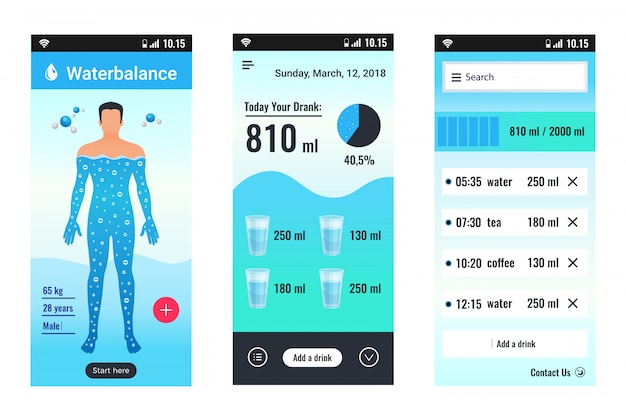
Starting your strength session dehydrated limits blood flow, nutrient delivery, and thermoregulation—diminishing performance from the first rep.
Action Step: Drink 16 oz of water 60–90 minutes before training. Add a pinch of sea salt to enhance fluid retention.
Water alone isn’t enough. Sweating depletes sodium, potassium, and magnesium—electrolytes essential for muscle function and hydration.
Action Step: Add an electrolyte tablet to one daily bottle, especially on training days. Look for low-sugar options with sodium and magnesium.
Coffee is a staple for many professionals, but excessive caffeine acts as a mild diuretic and can tip hydration balance.
Action Step: Follow every cup of coffee with 8 oz of water. Limit caffeine to 400 mg/day (about 3–4 cups).
Chugging a large bottle in the morning doesn’t hydrate you effectively—your kidneys flush excess water before it’s absorbed.
Action Step: Space intake evenly. Use a marked water bottle to track hourly progress.
After strength training, your body needs fluids to restore blood volume and support protein synthesis.
Action Step: Weigh yourself before and after training. Drink 20–24 oz of water per pound lost.
Some professionals cut water to 'look leaner' before events. This harms strength output and increases injury risk.
Action Step: Focus on consistent hydration and nutrition—not short-term dehydration—for sustainable results.
Muscle recovery continues on off days. Dehydration slows protein repair and increases soreness.
Action Step: Maintain the same hydration goals on rest days as training days.
Unless you’re training over 90 minutes, most professionals don’t need high-sugar sports drinks.
Action Step: Opt for low-sugar electrolyte options or make your own with water, lemon, and a pinch of salt.
Infrequent urination or dark yellow urine signals chronic dehydration.
Action Step: Aim for pale yellow urine 5–7 times daily. Use a hydration tracking app if needed.
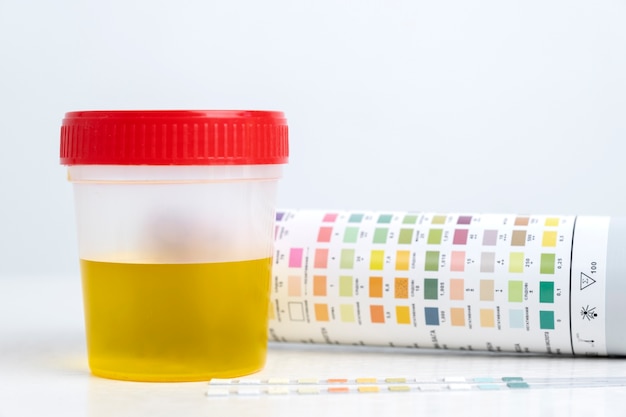
Air travel and long commutes dry out your system. Cabin air is extremely dehydrating.
Action Step: Carry an empty reusable bottle through security and refill. Drink 8 oz per hour in flight.
Foods like cucumbers, oranges, and soups contribute up to 20% of your daily fluid intake.
Action Step: Include at least one high-water food in each meal—e.g., watermelon at lunch, salad at dinner.
Air-conditioned offices, heated rooms, and outdoor workouts increase fluid loss.
Action Step: Add 8–16 oz of water on hot days or in dry indoor environments.
Without measurable goals, it’s hard to know if your hydration is improving.
Action Step: Use a daily checklist: Did I drink 80–100 oz? Was my urine pale? Did I include electrolytes on training days?
For busy professionals committed to strength training, hydration isn’t a side note—it’s foundational. Fixing these 14 mistakes doesn’t require extra time, just smarter habits integrated into your routine.
Start with one or two changes this week. Track your energy, strength, and recovery. Within days, you’ll notice sharper focus, better lifts, and faster recovery—because your body finally has the fluid it needs to perform.

Fitness

Fitness

Fitness

Fitness

Fitness

Fitness
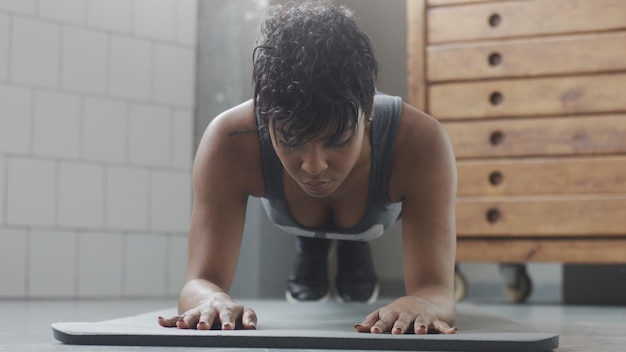
Fitness
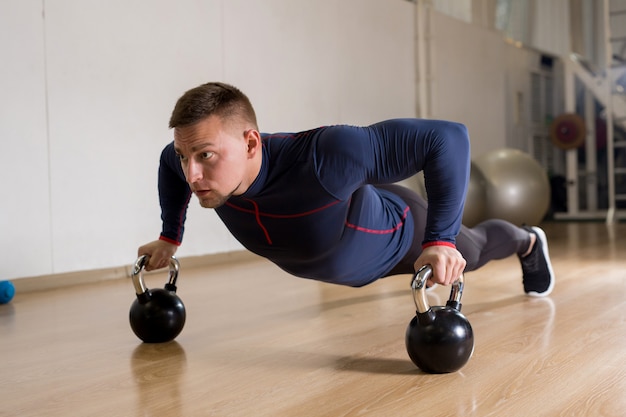
Fitness

Fitness
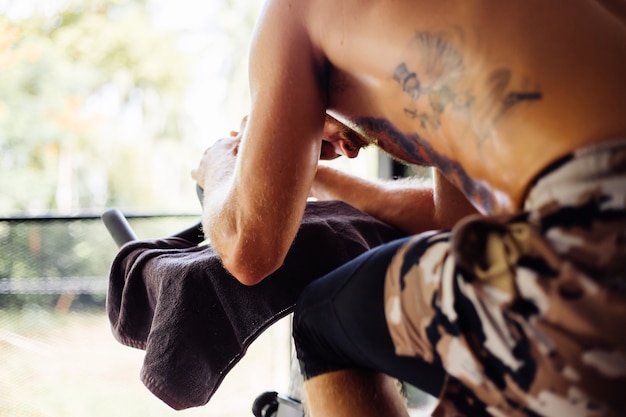
Fitness

Fitness

Fitness

Health

Fitness

Health

Health